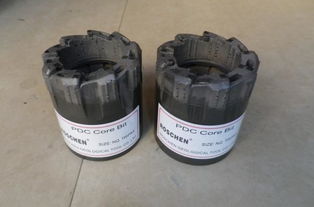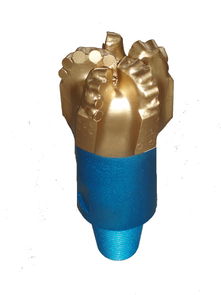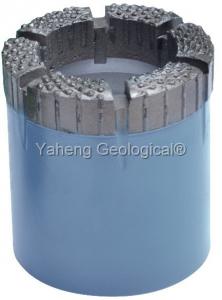
Drill Bits for Metal: A Comprehensive Guide
When it comes to metalworking, the choice of drill bits can significantly impact the quality and efficiency of your work. Whether you are a professional or a hobbyist, understanding the different types of drill bits for metal is crucial. In this article, we will delve into the various aspects of drill bits for metal, including their materials, types, sizes, and applications.
Materials Used in Drill Bits for Metal

Drill bits for metal are typically made from high-speed steel (HSS), cobalt steel, or carbide. Each material has its own advantages and is suitable for different types of metalworking tasks.
| Material | Description | Advantages | Disadvantages |
|---|---|---|---|
| High-Speed Steel (HSS) | Alloyed steel with high carbon content | Good heat resistance, high durability, and cost-effective | Less wear-resistant than cobalt steel |
| Cobalt Steel | Alloyed steel with cobalt added | Excellent heat resistance, high durability, and better wear resistance than HSS | More expensive than HSS |
| Carbide | Hardened tungsten carbide | Extremely hard, long-lasting, and suitable for high-speed drilling | Expensive and brittle |
Types of Drill Bits for Metal

Drill bits for metal come in various types, each designed for specific applications. Here are some of the most common types:
- Twist Drill Bits: The most common type of drill bit, suitable for general-purpose drilling in metal.
- Countersink Bits: Used to create a countersink hole for screws, allowing them to sit flush with the surface.
- Spade Bits: Ideal for drilling large holes in soft metals like aluminum and brass.
- Forstner Bits: Used for creating flat-bottomed holes in wood or soft metals.
- Brad Point Bits: Designed for drilling precise holes in wood or soft metals.
Sizes of Drill Bits for Metal

The size of a drill bit is crucial for achieving accurate and efficient drilling. The size is typically indicated by a number, which represents the diameter of the bit. It is important to choose the correct size for the material and the application.
When selecting a drill bit size, consider the following:
- Material Thickness: Choose a bit size that is slightly smaller than the material thickness to ensure a clean, precise hole.
- Drill Depth: Ensure that the bit length is sufficient to reach the desired depth without breaking.
- Drill Size: Select a bit size that matches the diameter of the fastener or the intended use.
Applications of Drill Bits for Metal
Drill bits for metal are used in a wide range of applications, including:
- Manufacturing: Drilling holes for assembly, fastening, and other manufacturing processes.
- Construction: Drilling holes for electrical wiring, plumbing, and other construction tasks.
- Home Improvement: Drilling holes for mounting shelves, cabinets, and other home improvement projects.
- Art and Craft: Drilling holes for jewelry, sculptures, and other craft projects.
By understanding the different types, materials, sizes, and applications of drill bits for metal, you can make informed decisions to ensure the best results for your metalworking projects.




